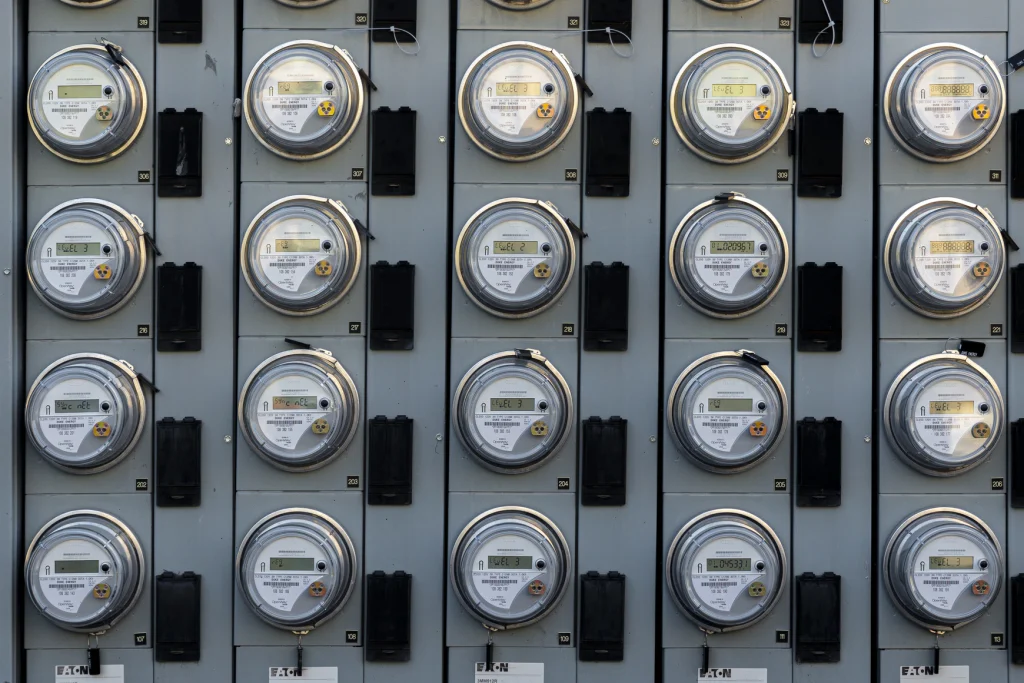At its layman’s level, energy conservation is the practice of utilizing less energy to save money and lessen the environmental effect. This could imply consuming less electricity, gas, or any other energy that you pay for and get.
Saving money on power bills and protecting the environment are the two main reasons for conserving energy. There are a variety of strategies to save energy and increase energy savings at home, ranging from modest lifestyle changes to costly home upgrades. Utility bidder highlights some of the best-proven tips for energy conservation.
Install Smart And Energy Efficient Heating Solution
A programmable thermostat can be manipulated to automatically turn off or decrease heating and cooling when you are not around. You can decrease unwanted energy use from heating and cooling by installing a programmable thermostat without having to upgrade your HVAC system.
A coded smart thermostat can conserve you an average of $180 each year. Different programmable thermostats are available, and they may be programmed to meet your weekly plan.
Additional attributes of programmable thermostats may include indicators for air filter replacement or HVAC system faults, which can help your heating and cooling system run more efficiently.
Weatherize Your Household
Weatherizing, or closing air leakage around your house, is an excellent way to save some bucks on heating and cooling. Vents, windows, and doors are the most vulnerable sources of air leaks into your home. Make sure there are no cracks or small openings between the wall and the vent, window, or doorframe to deter leaks.
Caulk can be used to seal air leakage between stationary objects such as the wall and window frame. Weatherstripping can be employed to seal cracks between moving objects, such as movable windows and doors.
Simple air sealing measures such as weather stripping and caulking often yield a return on investment in less than a year. Plumbing, ductwork, and electrical wiring can cause air leaks through gaps in the wall, floor, and ceiling.
Home Insulation
Insulation helps you save a lot of bucks on your power bills by conserving heat in the winter and deters heat from entering your home in the summer. Where you live determines the required level of heat resistance, or “R-value,” for your insulation. The recommended R-value for buildings in warmer climes is substantially lower than for buildings in colder locations like the Northeast.
Use Natural Sunlight
Lighting accounts for higher energy bills, and reducing your energy use by harnessing sunlight is a natural aspect of doing so. It is advisable to have north and south-facing windows rather than east and west-facing windows if possible.
This allows for more glancing light in the winter, which produces heat while also limiting harsh light. While east and west-facing windows let in more direct sunlight, they don’t let in as much heat.
Use Energy Efficient Appliances
Appliances account for around 13% of total household energy use on average. Aside from the texas power plans that you have in choosing the lowest electric provider, you must use energy-efficient appliances to reduce your energy usage. Always keep two numbers in mind when buying an appliance: the initial purchase price and the annual operating cost.
